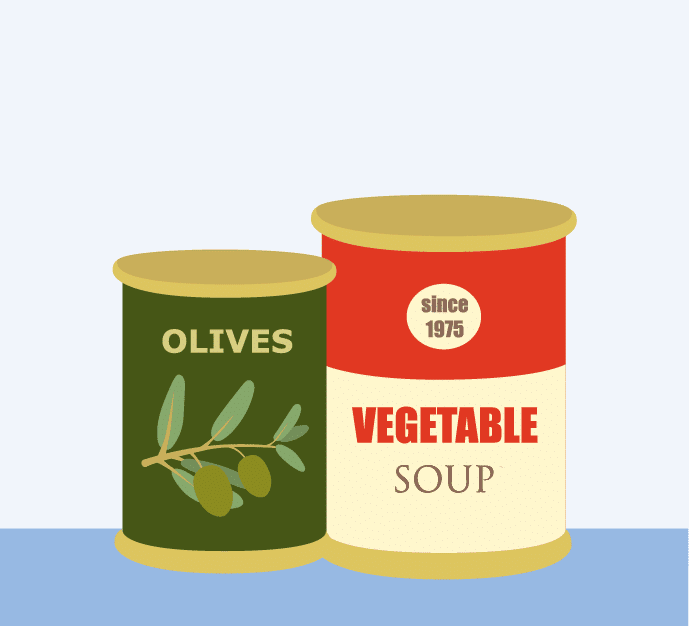EU members states have approved the EU Commission’s proposal to ban E171- Titanium Dioxide, as a food additive following a meeting of the Standing Committee on Foodstuffs (CPVADAAA). The committee voted and gave the green light to the Commission and EU Parliament to endorse their decision regarding the fate of the additive.
The ban of E171- Titanium Dioxide, unless met with objection towards the end of this year is likely to enter into force by early 2022, this will then start the process of a 6- month phasing out period to ensure that food companies are given the time and space to reformulate products and remove the additive from their product ranges.
Although many food companies have been trying to get ahead of the curve in the EU and many have already started removing the additive from their food products and finding alternatives, Titanium Dioxide is still a colourant that is widely used in a number of products such as chewing gum, pastries, food supplements, soups, and broths. The additive has been linked to a number of negative health implications such as the damaging of intestinal flora and microbiome to the ingesting of small nanoparticles, to the development of cancer.
The ban follows an updated safety assessment that EFSA undertook in light of emerging research on the additive, the EFSA opinion at the time stated that E171 could no longer be considered safe as a food additive and that genotoxicity could not be ruled out.
Contact RegASK to know more about EU regulation changes. Get in touch with RegASK’s experts.
Contact RegASK for more details Read more

